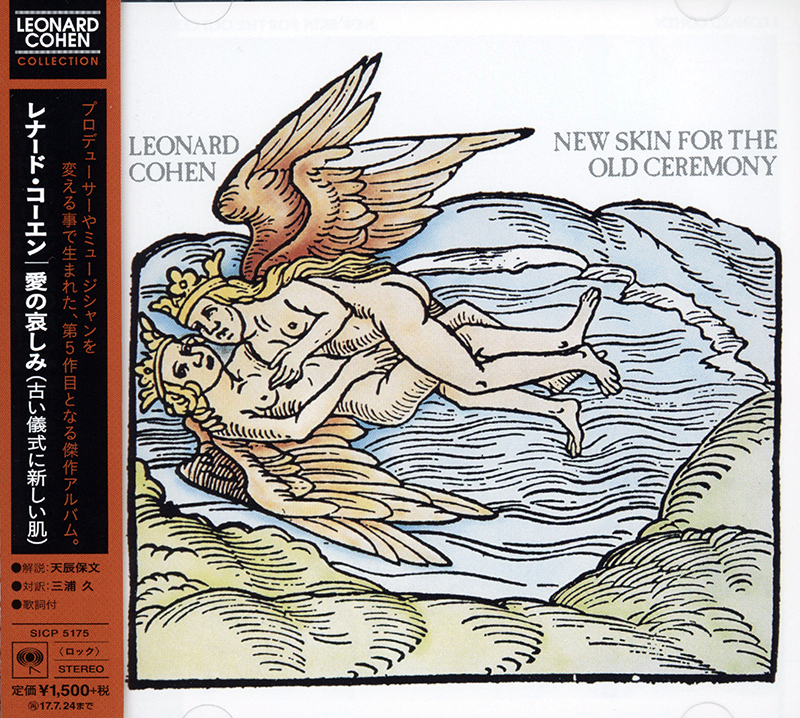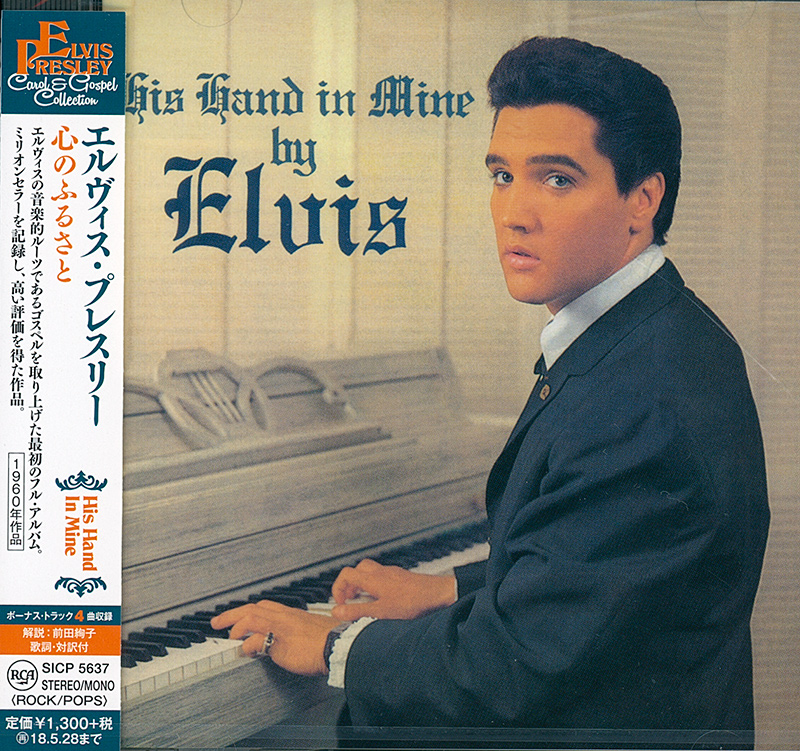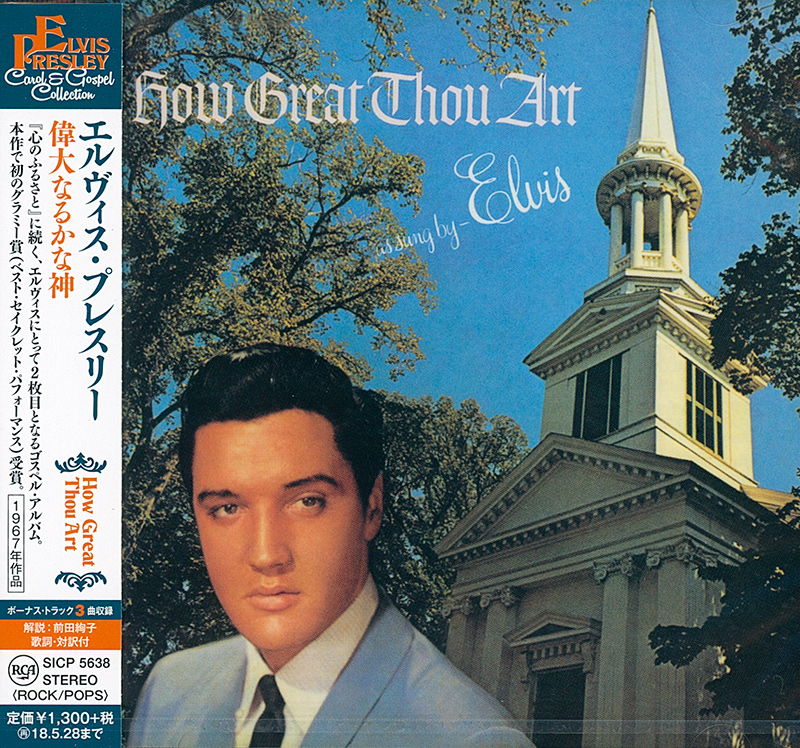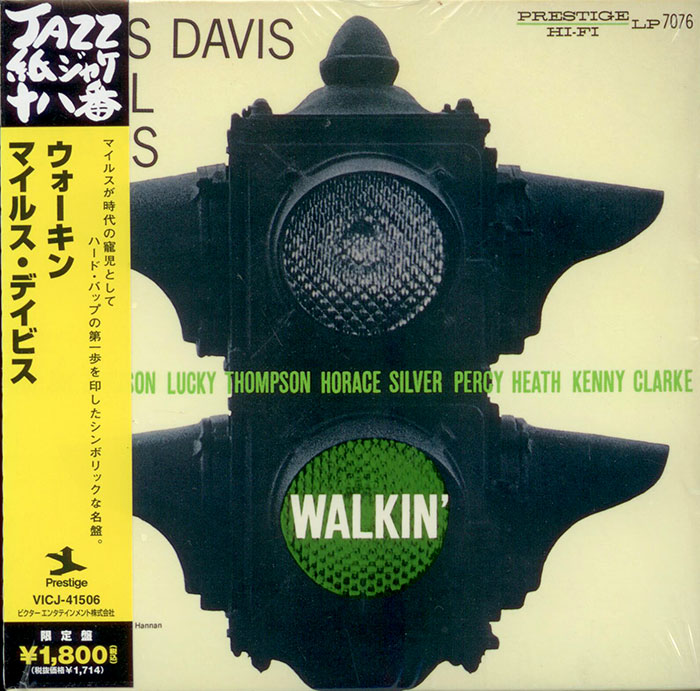Logowanie
Mikołaj - ten to ma gest!
Miles Davis, Horace Silver, Jay Jay Johnson, Percy Heath, Kenny Clarke, Lucky Thompson
Walkin'
20bit K2Super Coding - ale jak to brzmi!
Kasety magnetofonowe
Winylowy niezbędnik
ClearAudio
Double Matrix Professional - Sonic
najbardziej inteligentna i skuteczna pralka do płyt winylowych wszelkiego typu - całkowicie automatyczna
Jim Reeves
The Last Recording
- Jim Reeves - vocal
AAD is a Digital Copy Of The Master Tape - SILVER CD
James Travis Reeves (August 20, 1923 – July 31, 1964) was an American country and popular music singer-songwriter. With records charting from the 1950s to the 1980s, he became well known as a practitioner of the Nashville sound (a mixture of older country-style music with elements of popular music). Known as "Gentleman Jim", his songs continued to chart for years after his death. Reeves died in the crash of his private airplane. He is a member of both the Country Music and Texas Country Music Halls of Fame.
 Reeves was born at home in Galloway, Texas, a small rural community near Carthage. He was the youngest of eight children born to Mary Beulah Adams Reeves (b. 1884) and Thomas Middleton Reeves (b. 1882). He was known as Travis during his childhood years. Winning an athletic scholarship to the University of Texas, he enrolled to study speech and drama but quit after only six weeks to work in the shipyards in Houston. Soon he resumed baseball, playing in the semi-professional leagues before contracting with the St. Louis Cardinals "farm" team during 1944 as a right-handed pitcher. He played for the minor leagues for three years before severing his sciatic nerve while pitching, which ended his athletic career.
Reeves' initial efforts to pursue a baseball career were sporadic, possibly due to his uncertainty as to whether he would be drafted into the military as World War II enveloped the United States. On 9 March 1943 he reported to the Army Induction Center in Tyler (Texas) for his preliminary physical examination. However, he failed the exam (probably due to a heart irregularity), and on 4 August 1943 an official letter declared his 4-F draft status.[2] Reeves began to work as a radio announcer, and sang live between songs. During the late 1940s, he was contracted with a couple of small Texas-based recording companies, but without success. Influenced by such Western swing-music artists as Jimmie Rodgers and Moon Mullican, as well as popular singers Bing Crosby, Eddy Arnold and Frank Sinatra, it was not long before he was a member of Moon Mullican's band, and made some early Mullican-style recordings like "Each Beat of my Heart" and "My Heart's Like a Welcome Mat" from the late 1940s to the early 1950s.
He eventually obtained a job as an announcer for KWKH-AM in Shreveport, Louisiana, then the home of the popular radio program the Louisiana Hayride. According to former Hayride master of ceremonies Frank Page, who had introduced Elvis Presley on the program in 1954,[3] singer Sleepy LaBeef was late for a performance, and Reeves was asked to substitute. (Other accounts—including that of Reeves himself, in an interview on the RCA Victor album Yours Sincerely—name Hank Williams as the absentee.)
Cząsteczki srebra są jednolite i mają stały współczynnik odbicia, co zapewnia równą, reprodukcyjną jakość dźwięku. Posrebrzany `CD 6N ma również wyższy współczynnik odbicia niż 24-karatowe złoto.
Reeves was born at home in Galloway, Texas, a small rural community near Carthage. He was the youngest of eight children born to Mary Beulah Adams Reeves (b. 1884) and Thomas Middleton Reeves (b. 1882). He was known as Travis during his childhood years. Winning an athletic scholarship to the University of Texas, he enrolled to study speech and drama but quit after only six weeks to work in the shipyards in Houston. Soon he resumed baseball, playing in the semi-professional leagues before contracting with the St. Louis Cardinals "farm" team during 1944 as a right-handed pitcher. He played for the minor leagues for three years before severing his sciatic nerve while pitching, which ended his athletic career.
Reeves' initial efforts to pursue a baseball career were sporadic, possibly due to his uncertainty as to whether he would be drafted into the military as World War II enveloped the United States. On 9 March 1943 he reported to the Army Induction Center in Tyler (Texas) for his preliminary physical examination. However, he failed the exam (probably due to a heart irregularity), and on 4 August 1943 an official letter declared his 4-F draft status.[2] Reeves began to work as a radio announcer, and sang live between songs. During the late 1940s, he was contracted with a couple of small Texas-based recording companies, but without success. Influenced by such Western swing-music artists as Jimmie Rodgers and Moon Mullican, as well as popular singers Bing Crosby, Eddy Arnold and Frank Sinatra, it was not long before he was a member of Moon Mullican's band, and made some early Mullican-style recordings like "Each Beat of my Heart" and "My Heart's Like a Welcome Mat" from the late 1940s to the early 1950s.
He eventually obtained a job as an announcer for KWKH-AM in Shreveport, Louisiana, then the home of the popular radio program the Louisiana Hayride. According to former Hayride master of ceremonies Frank Page, who had introduced Elvis Presley on the program in 1954,[3] singer Sleepy LaBeef was late for a performance, and Reeves was asked to substitute. (Other accounts—including that of Reeves himself, in an interview on the RCA Victor album Yours Sincerely—name Hank Williams as the absentee.)
Cząsteczki srebra są jednolite i mają stały współczynnik odbicia, co zapewnia równą, reprodukcyjną jakość dźwięku. Posrebrzany `CD 6N ma również wyższy współczynnik odbicia niż 24-karatowe złoto.
 Najnowsze tłoczenie wersji HD tej płyty wykonano z wykorzystaniem srebra jako warstwy nośnej
Najnowsze tłoczenie wersji HD tej płyty wykonano z wykorzystaniem srebra jako warstwy nośnej
































